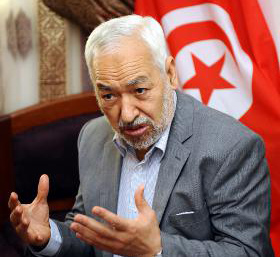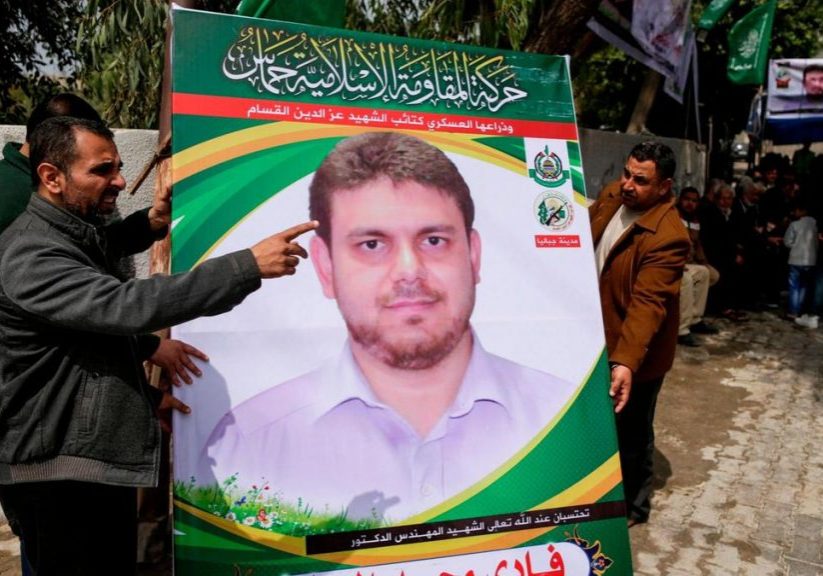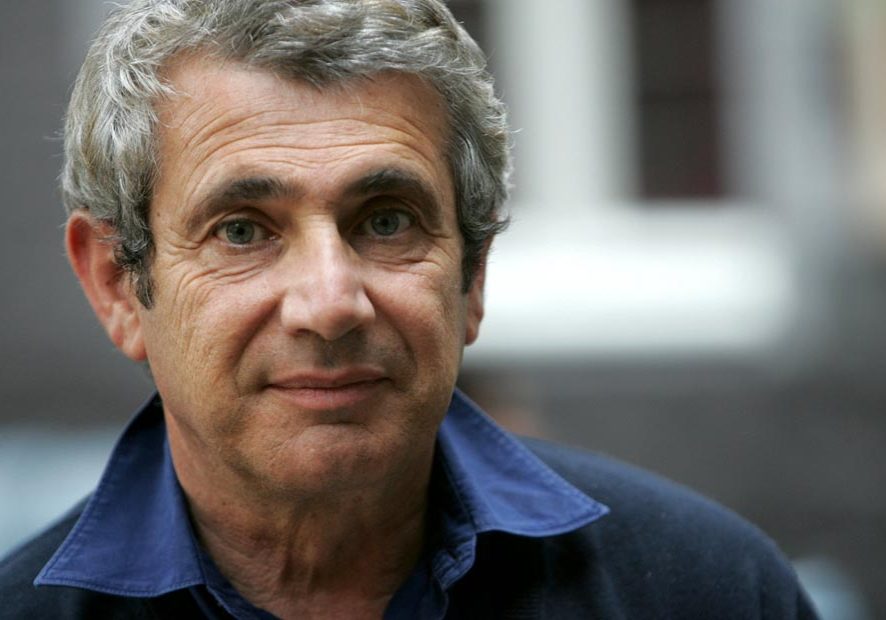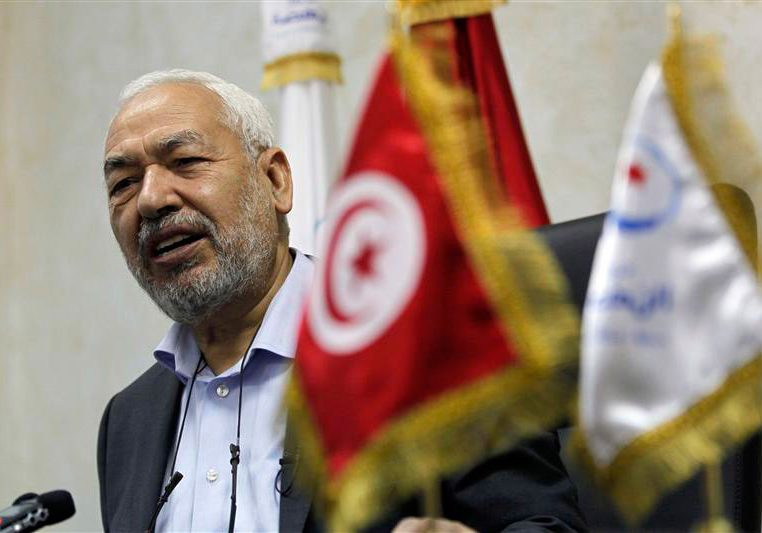Australia/Israel Review
Tunisia’s Islamists win first “Arab Spring” election
Oct 31, 2011 | David Pollock

David Pollock
On Sunday, October 23, Tunisia held the first democratic elections resulting from this year’s regional political upheaval, choosing a new Constituent Assembly with a vaguely defined mandate to govern the country and write a new constitution within a year. With results still coming in at press time, the Islamist Ennahdha (Renaissance) Party – currently led by longtime exiled opposition figure Rachid Ghannouchi, though he has pledged to retire soon – will clearly be the largest faction in the legislature, winning 40 percent or more of the new assembly’s seats.
Yet the secular, centre-left Progressive Democratic Party (CPR), led by veteran internal oppositionist Ahmed Nejib Chebbi, will apparently come second with 15% or so, along with the dark horse People’s Petition party, run by a wealthy businessman whose main platform was promising handouts it will be difficult for any government to afford. If these projections hold, insiders plausibly predict that Ennahdha will form a governing coalition with the smaller, secular, centrist Ettakatol Party as well as possibly CPR and/or various independents.
Economic Issues and Corruption Are Key
Although most coverage has focused on the political or technical aspects of this watershed election, a previously unpublished May 2011 survey by Princeton-based Pechter Polls reveals some of the underlying trends in popular sentiment that will likely shape voting patterns this weekend. Most important, the majority of Tunisians who participated in the survey believed that the new government’s top priorities should be “reducing bribery and corruption in government” and “managing the Tunisian economy well” (around 73% each). Two related priorities – providing more economic benefits to “ordinary Tunisians” and protecting them against official abuse – ranked nearly as high (64 and 60%, respectively).
At the same time, and despite Tunisia’s reputation as a bastion of Arab secularism, the majority of respondents (61%) believed that “making sure schools teach girls and boys the value of sharia” should be a top priority as well. A similar number (59%) said the new government should not “protect freedom of speech so that people who say unpopular or bad things about Islam are allowed to.” These views, along with Ennahdha’s efficient grassroots organisation and record of resistance to the old regime, help explain the Islamist party’s widespread support. An additional factor is that many of the more secular parties are identified with labor unions or even socialist and communist movements, leading some Tunisians to view Ennahdha as better for business.
Nevertheless, Tunisia has a generally tolerant culture. Although its population is almost uniformly Sunni, three-quarters of the poll respondents said that “non-Muslims should have equal rights in every country, including Tunisia.” To be sure, one-third said a top government priority should be to “make sure that every Tunisian is a believing Muslim,” and one-quarter emphasised giving Muslim scholars and clerics “a lot of influence in the legal system.” Yet fully half admitted that they rarely (15%) or never (36%) attend mosque services. These factors will probably curb any efforts to impose fundamentalist Islam on the country, even if Islamists assume a prominent role in the new government.
Expatriate Vote Could Yield Surprises
Tunisia’s one million registered voters living abroad – out of seven million total voters – are another unpredictable element in this election. Surprisingly, some observers estimate that these constituencies, mostly in Europe, will tilt more toward Ennahdha than will Tunisians back home.
The electoral system itself, while close to pure proportional representation, presents an additional complication. The assembly’s 217 seats are apportioned among the country’s 27 domestic and six expatriate voting districts, rather than nationally, and small-town or rural districts are granted an extra one or two seats. As a result, even if a given party wins by a landslide in certain districts, these “excess” votes would not necessarily translate into greater representation in the national assembly – or, conversely, a slim advantage in many districts could give a party a disproportionate share of seats compared to its national vote total.
Tunisian Women Are as “Islamic” as the Men
Tunisia has long been viewed, correctly, as the most egalitarian of all Arab societies in terms of women’s legal rights, personal freedoms, and employment. Even under Zine al-Abidine Ben Ali’s dictatorship, for example, the US State Department picked Tunis as the venue for a 2005 regional conference on women’s empowerment. For Sunday’s election, the country has instituted a unique provision for precise parity between men and women, with alternating candidates from each gender on every electoral list.
Women’s equality has broad public support: in the May Pechter poll, 58% of Tunisian men and 68% of women said that this issue should be a high priority for the new government. Even Ennahdha has stated that it will not attempt to roll back women’s rights or enforce veiling. Yet questions of polygamy and equal inheritance are still under debate in the campaign.
At the same time, Tunisian women are surprisingly just as “Islamic” as their male compatriots on some key issues — or even a bit more so. For example, the majority of both sexes (around 60%) said that the government should focus on teaching the value of Sharia. And 44% of women expressed a very positive view of the Muslim Brotherhood, compared to 32% of men.
Foreign Policy Not a Major Issue, Though US Unpopular
In the May Pechter Poll, a majority of Tunisians (58%) voiced a very negative opinion of the United States – and, almost certainly not by coincidence, of the killing of Osama bin Laden, which had just occurred. By comparison, Italy and France received 50-60% favourable ratings. Views of Iran and Saudi Arabia were decidedly mixed, with around a quarter giving each country very negative scores, and another quarter very positive ones. At the same time, Tunisians gave both Israel and “Gaddafi’s government in Libya” overwhelmingly negative ratings.
Yet as in the January revolution that toppled Ben Ali, foreign policy issues are playing almost no role in Tunisia’s current political scene. None of the above countries appears to be an important or even background issue as Tunisians head into the next crucial test of their new, democratic political order.
David Pollock, the Kaufman fellow at The Washington Institute for Near East Policy, focuses on the political dynamics of Middle Eastern countries. © Washington Institute, reprinted by permission, all rights reserved.
Tags: Tunisia



